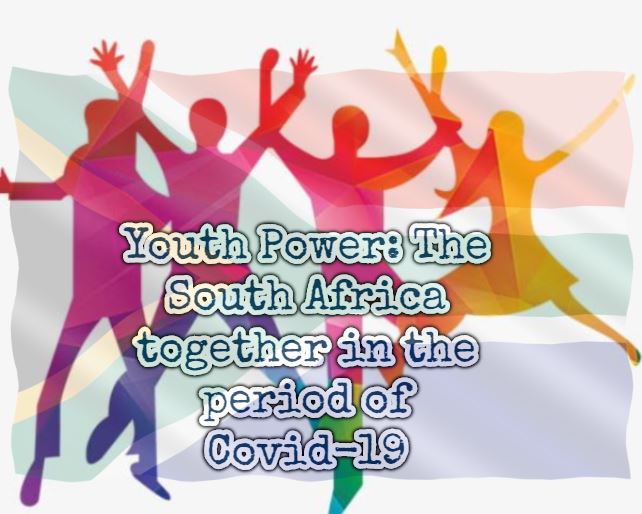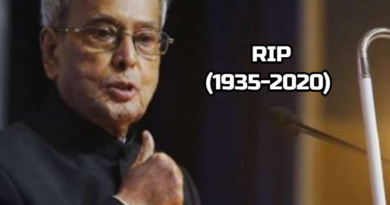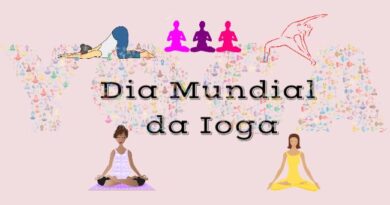The theme of the 2020 Youth Month will be: “Youth Power: The South Africa together in the period of Covid-19 ” On Monday 1 June 2020, the Minister of Sport, Arts and Cultural Affairs for Women, Youth and People with Disabilities Maite Nkoana-Mashabane launched the National Youth Month Commemoration with Minister of Sport, Arts and Culture Nathi Mthethwa. Every year Youth Day is observed on 16th June.
“The youth of 1976 fought against an oppressive regime so the 2020 youth are responsible for working together to combat and overcome the invincible pandemic of covid-19. We encourage our young people to remain determined and work with government to address these limitations.Today we are launching the year 2020 for youth. We will work together to enhance access to government services and job opportunities over many youth months. I hope that this will help to transform the lives and values of our young people.”-said minister Maite Nkoana-Mashabane .
The nation will commemorate the 2020 National Youth Month with restrictions for the first time in 26 years of democracy as the country and the world battle the COVID-19 global outbreak.
Youth Day History
The Youth Day honors the 16 June 1976 Soweto Youth Revolt.In 1975, protests began in African schools after a directive from the then Bantu education department indicated that Afrikaans had to be used in secondary schools in the same way as English.
The uprising that started in Soweto on the 16th of June 1976 and spread throughout South Africa profoundly changed the socio-political landscape. Events leading to the revolt can be traced back to the apartheid government’s policies that led to the Bantu Education Act being introduced in 1953.
The term ‘Bantu’ in the term Bantu education is politically highly charged and has negative connotations. The education system in Bantu was structured to ‘train and suit’ Africans in the newly (1948) emerging apartheid society. Education has been seen as part of the overall apartheid scheme, including home countries, urban constraints, pass laws and quotas for work.
Under the Bantu education system, tensions had been simmering for many years. Bantu schooling, conducted by the apartheid government, codified segregated schools, effectively ended grassroots missionary schooling for black children and directed discriminatory curricula to turn black school children into ruling class servants.
Fuelled by the reforms introduced by the Afrikaans Medium Decree and the low standard and discriminatory nature of black education , students across Soweto organized a peaceful demonstration on June 16, 1976. Between 5,000 and 15,000 students left their schools that morning and gathered to march toward Orlando Stadium.
Police unwarnedly opened fire on unarmed marchers. One of the first to be struck was 12-year-old Hector Pieterson, taken by fellow student Mbuyisa Makhubo to a nearby clinic. It created the event’s iconic image: Makhubo holding Pieterson’s lifeless body in his arms, with Pieterson ‘s sister running beside them. The event became a full-scale conflict as police continued to shoot protesters and protesters began to riot, targeting apartheid symbols like government buildings , vehicles etc.
How Youth Day is celebrated?
Marches and protests are also organized in Soweto to celebrate the pivotal role played by young people in fighting apartheid and in many other significant aspects of South African history. Many people visit the memorial and museum in Orlando West, Soweto, to remember the young man whose death symbolized the brutality of apartheid for so many. Music and dance festivals are also a traditional way to celebrate youth’s vibrant energy.







